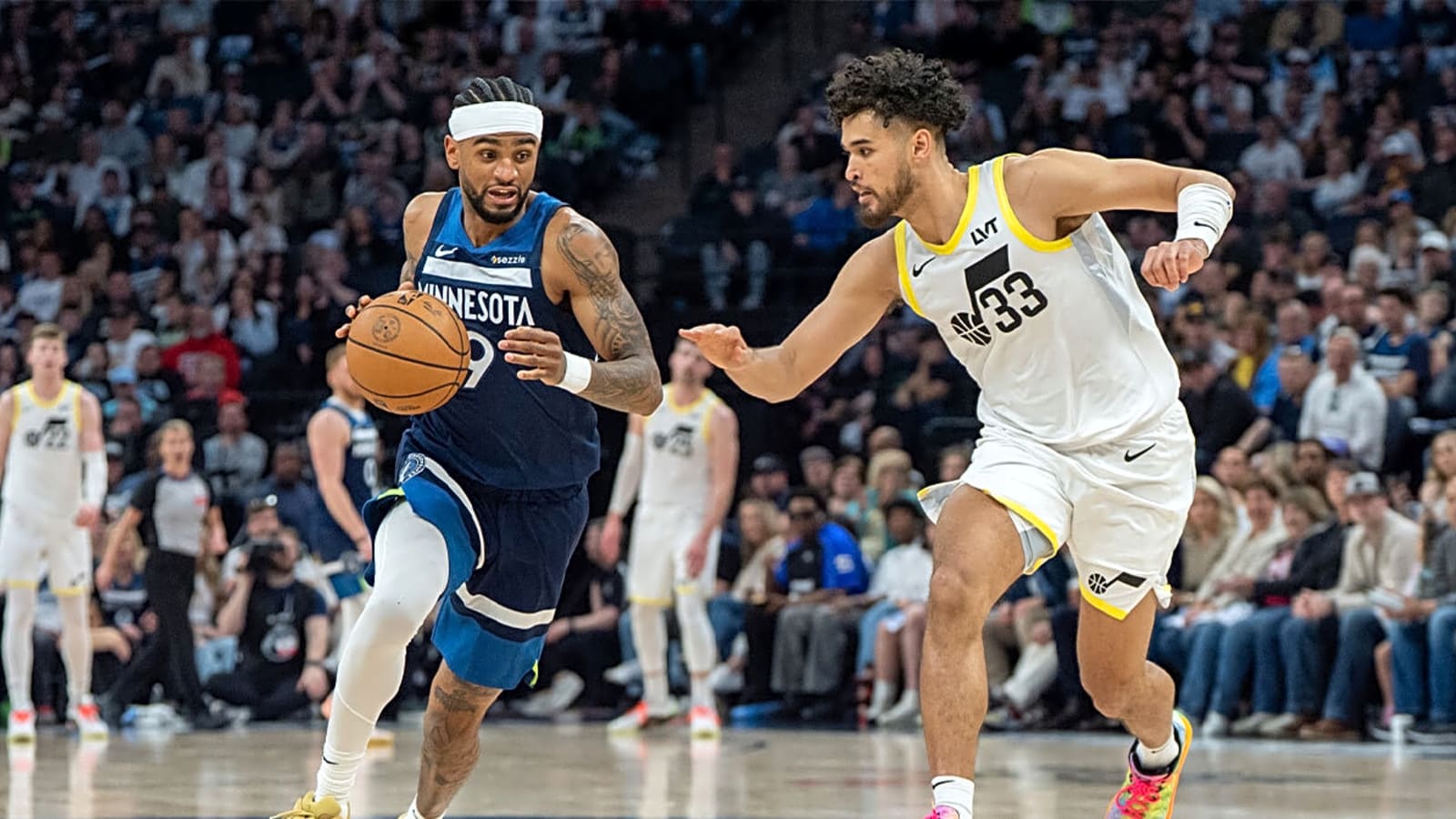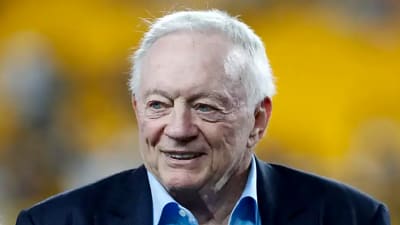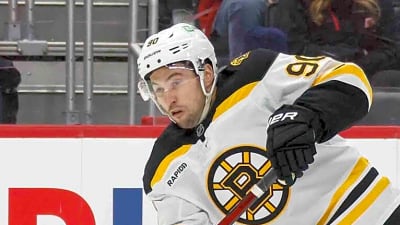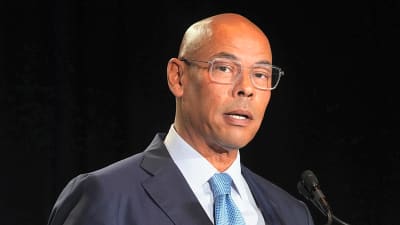
The Minnesota Timberwolves entered the 2025 NBA free agency period with a cautious, consolidation-first mindset, choosing to retain familiar faces rather than actively upgrade their roster.
While this approach may offer short-term stability, it has also exposed some glaring issues, most notably in the backcourt through the mistakes made in the free agency. With Mike Conley entering his age-37 season and Rob Dillingham still a young player finding his footing, the Timberwolves’ point guard situation looks increasingly untenable in a loaded Western Conference.
The front office’s decision to re-sign Julius Randle, Naz Reid, and Joe Ingles was a clear signal that the franchise is looking to stay the course. While Randle provides offensive muscle and Reid remains a solid contributor off the bench, none of these moves addressed Minnesota’s most pressing need: backcourt depth and playmaking. The Timberwolves locked in Julius Randle on a three-year, $100 million deal. Randle will also have a player option for the 2027-28 season and sees a slight pay rise that takes his salary for next season to around $33.3 million.
The Timberwolves relied too heavily on Anthony Edwards to create chances at the offensive end in both the playoffs and the regular season. As a result, they got knocked out twice in the Western Conference Finals in a similar fashion, failing to create chances. Julius Randle and Naz Reid looked helpless in offensive situations when the team desperately needed them in the final against OKC.
Biggest Timberwolves mistake: Losing Nickeil Alexander-Walker
Perhaps the most puzzling decision of the offseason was allowing Nickeil Alexander-Walker to walk away in free agency. The 26-year-old guard, known for his defensive versatility and ability to contribute as a secondary ball-handler, was a critical cog in Minnesota’s second unit. His move to the Atlanta Hawks not only weakens the Timberwolves’ perimeter defense but also strips them of valuable guard depth.
In a roster already lacking backcourt stability, losing Alexander-Walker without a proper replacement is nothing short of a miscalculation. While cap limitations played a role, prioritizing the retention of veterans like Ingles over a younger, more versatile guard like NAW raises eyebrows.
A Glaring Weakness at Point Guard
The Timberwolves’ point guard rotation heading into the 2025-26 season remains their biggest concern. Mike Conley, though still a high-IQ player and locker room leader, is nearing the twilight of his career and cannot be expected to shoulder heavy minutes or pace a playoff-caliber team. Rookie Rob Dillingham, while exciting, is unproven at the NBA level and still adjusting to the speed and physicality of the league.
As of now, Minnesota has made no notable additions at the point guard position, either through trades or low-cost veteran signings. The Timberwolves’ inability or unwillingness to act quickly in this space may ultimately be the defining error of their 2025 offseason.
Minimal flexibility, minimal risk – but also minimal growth
To be fair, Minnesota’s financial flexibility was tight heading into the summer. With big contracts already on the books for Naz Reid signing a five-year, $125 million contract with a player option in the final year, and Randle, the front office had limited room to maneuver. Still, using exceptions more strategically or making a minor trade to free up room could have provided more options.
The re-signing of Joe Ingles on a one-year deal, for instance, felt more like a sentimental decision than a strategic one. Ingles’ production has steadily declined, and his fit in an increasingly fast-paced league is questionable. This kind of move reinforces the idea that the Timberwolves were playing it safe, perhaps too safe.
tell a friend to tell a friend:
JOE IS BACK!!!!!!! pic.twitter.com/nvIzhHRCTN
— Minnesota Timberwolves (@Timberwolves) July 7, 2025
The Timberwolves restocked on centers in the 2025 NBA Draft, selecting 18-year-old French center Joan Beringer at No. 17 and Rocco Zikarsky at No. 45. With Rudy Gobert aging, the Timberwolves seem to be preparing for a future without him with these draft picks; a reasonable strategy.
What the Timberwolves should have done differently
With Conley’s age and Dillingham’s inexperience, signing a capable veteran point guard should have been a top priority. Letting go of Alexander-Walker, a two-way contributor who could also initiate offense, was a step backward. Therefore, the Timberwolves could have explored trades to either clear cap space or add a guard without compromising core assets. Meanwhile, re-signing Ingles may have cost them a shot at a younger, more athletic wing who could match up better in transition-heavy systems.
The Timberwolves’ 2025 free agency strategy shows a front office reluctant to shake things up. While loyalty and continuity have their merits, Minnesota may have let the moment pass them by. With Western Conference rivals getting stronger, standing still might equate to falling behind.
If the Timberwolves fail to add meaningful depth at point guard before the season starts, the lack of foresight in free agency could cost them a deep playoff run, or even a playoff spot altogether.
More must-reads:
- Jalen Williams deal locks up Thunder's young core
- Thunder agree to five-year max extension with All-Star forward
- The 'NBA Rookies of the Year' quiz
Breaking News
Trending News
Customize Your Newsletter
 +
+
Get the latest news and rumors, customized to your favorite sports and teams. Emailed daily. Always free!








